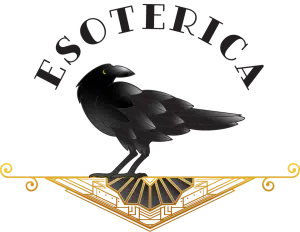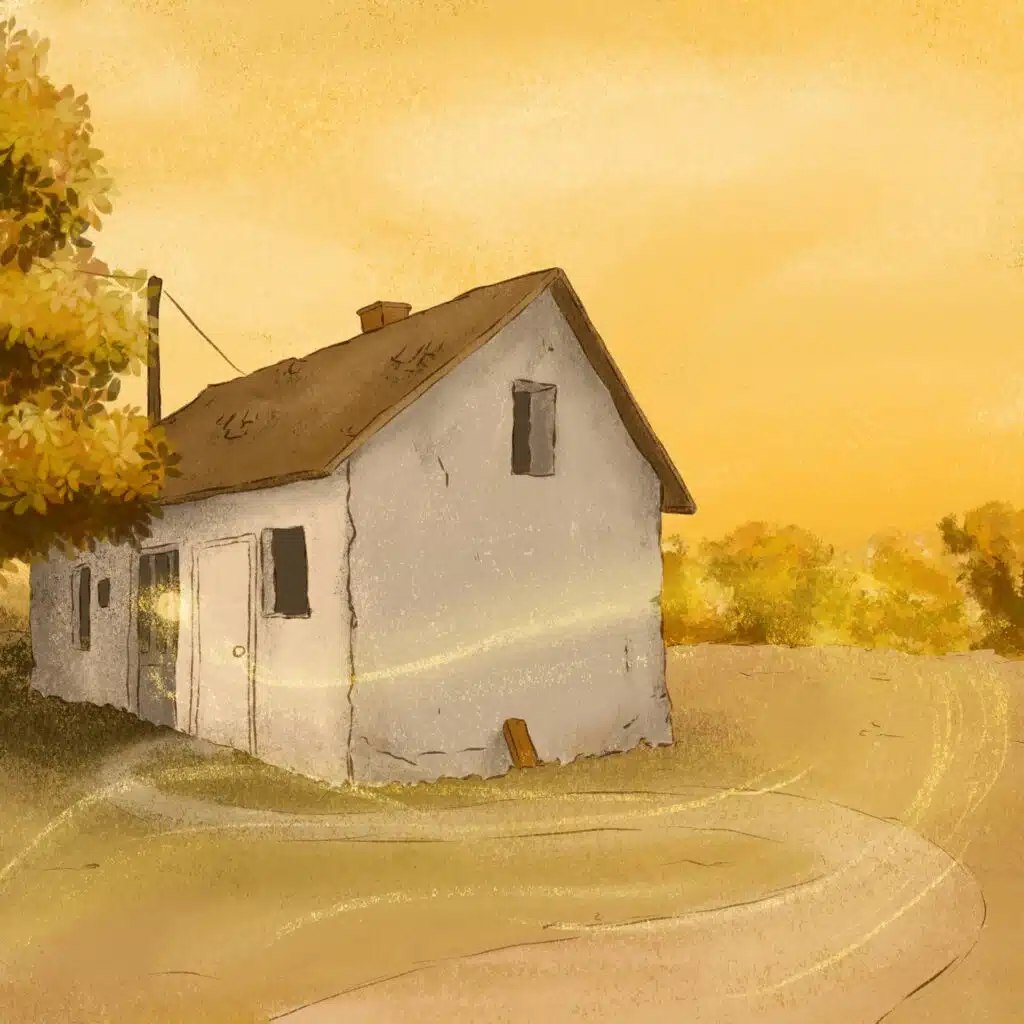By Leah Eichler,
I just finished the searing book of short stories by Mikołaj Grynberg called “I’d Like to Say Sorry, but There’s No One to Say Sorry To.”
The short stories are unusual since they are all told in first person in short vignettes. The author is also a photographer, and the stories come across as snapshots, offering mini-fictional insights that quickly penetrate the psyche of characters we know are real, somehow, somewhere. In each vignette, the protagonist in some way struggles with the notion of Jewish identity (or existence?) in Poland post-World War II. It’s unexpected and heart-breaking, and just what the doctor ordered for me.
It’s been a tumultuous few weeks. I was visiting family graveyards in a remote part of Eastern Hungary — my research will form a blended memoir that I’m still puzzling through — when suddenly a good friend shockingly died. Since my return I haven’t been able to do much (re: do anything) except read. That really is the salvation in reading; it lets you feel things about other people when your own emotions are still too raw.
There was one Grynberg story in particular that hit home in a tragi-comic way. In “Anatevka,” an American man travels to Poland with his wife, where they hire a genealogist to find his father’s shtetl, annihilated in the Holocaust. When the couple insist that his father lived in Anatevka, the fabled town from the musical Fiddler on the Roof, the genealogist questions their authority. But then, after awhile, anything seems possible.
I had a similar experience. I went to Hungary last week looking for my grandmother’s village, which I had heard about growing up. Her family (my family) lived there for generations and it was always small; maybe 700 people lived there when she was deported in 1944. Maybe 700 people live there now. But she loved it. Rural life suited her. The geese she fed by hand, the cows, the garden where she grew vegetables, her family’s store selling necessities to locals, brought in from the “bigger” town seven kilometers away. She had neighbours, friends, both Jewish and non-Jewish. And like everyone, everywhere, she also knew people who weren’t her friends.
Before travelling to Hungary, I connected with a woman named Eva, who is a distant relative on my father’s side but still lives in Budapest. I asked her about the village but she’d never heard of it. A day later, she emailed me back. “I looked up the village, but it’s at the end of the world.” That line stayed with me until the day I arrived at the village, named Beregdaroc, a stone’s throw from the Ukrainian border. In my mind, it was always at the end of the world. Real and make-believe, frozen in time in the imagination of a woman regaling a child with stories about a faraway place. It could be Anatevka. Like Grynberg suggests at the end of that story, who is to say it’s not real.

In fact, even after spending the day there, where the mayor personally toured us around, I struggle with the reality of the town. The houses look as if they could be the same but now include large flat-screen TVs. Two octogenarian woman entertained us in one of their homes and recalled the “Jewish house,” where my grandmother and her family likely lived. While a small town, Jews made up about 10 percent. Everyone knew everybody, right up until the deportation.
“I remember the day they left,” one of the octogenarians told me, through a Hungarian translator. “I was a child but I saw some girls, friends of mine, in line for the carriages to take them to Beregszasz.” That town, now in Ukraine, was where a ghetto and forced labour camp was established.
“I ran up to the girls to speak to them. Their father told me they were going away and said, ‘we will not be coming back.’”
I watched as this woman ruminated on that last conversation with her friends. She was only a child but still, I kept looking at her face, wondering if she could, would she say sorry.
But then again, there is no one to say sorry, to.

